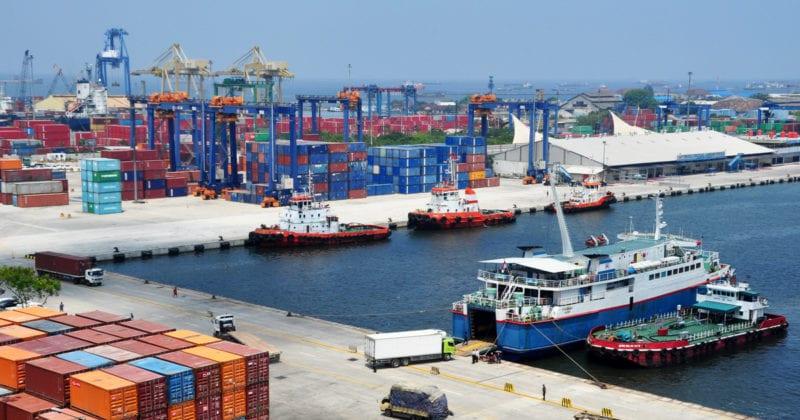Azerbaijani Parliament ratifies Intergovernmental Agreement on Dry Ports

By Ofeliya Afandiyeva
Azerbaijani Parliament ratified the United Nations treaty - The Intergovernmental Agreement on Dry Ports at the plenary session on March 30, local media reported.
The draft law “On joining the Intergovernmental Agreement for Dry Ports” was discussed at sessions of parliamentary committees and recommended for discussion at the parliament’s plenary session.
Following the discussions at the plenary session, the proposal was put to a voting and adopted.
At the same time, according to the note in the document, its provisions will not be applied by Azerbaijan in relation to Armenia.
“Azerbaijan cannot ensure the implementation of the provisions of the agreement in the Armenian-occupied territories of the country,” the statement said.
The document provides for the creation of a system of “dry ports”. We are talking about a logistics complex that provides services for the maintenance, temporary storage of container and other types of goods of import and export destination with the possibility of organizing customs inspection and clearance of goods directly on the spot. Typically, the “dry port” is located on one of the access routes to the port and performs auxiliary functions.
It can also be used as a full-fledged marine cargo transshipment center. In this case, customs inspection is carried out directly in the “dry port”, and all necessary documents are registered immediately to the destination without the need to re-register the goods already in the seaport.
The agreement was signed at a meeting of the Economic and Social Commission for Asia and the Pacific in Bangkok, Thailand on November 7, 2013.
The agreement aims to promote “international recognition of dry ports, facilitating investment in dry port infrastructure, improving operational efficiency and enhancing the environmental sustainability of transport.”
It has been ratified or acceded to by such states like Afghanistan, Bangladesh, China, India, Kazakhstan, Mongolia, Russia, South Korea, Tajikistan, Thailand, Turkmenistan and Vietnam. The document entered into force on 23 April 2016.
It envisages development of dry ports within the national programs, laws and regulations. It reflects such issues as the signing, ratification, approval, accession and entry into force of the document.
The agreement also reflects clauses providing for the establishment of working groups on dry ports, amendments within the agreement implementation, the procedure for changing and amending the document’s main content, withdrawal from the agreement and other issues.
Annex I of the Agreement identifies the dry ports subject to the agreement. The following dry ports of Azerbaijan are included in Annex I:
Baku Cargo Terminal of Heydar Aliyev International Airport, Baku
Heydar Aliyev International Airport, Baku
Balakan Cargo Terminal, Azerbaijan–Georgia border
Bilasuvar Cargo Terminal, Azerbaijan–Iran border
Gabala International Airport, Gabala
Ganja International Airport, Ganja
Julfa Cargo Terminal, Azerbaijan–Iran
Lankaran International Airport, Lankaran
Nakhchivan International Airport, Autonomus Republic of Nakhchivan
Silk Way Cargo Terminal, Baku
Zagatala International Airport, Zagatala
---
Follow us on Twitter @AzerNewsAz
Here we are to serve you with news right now. It does not cost much, but worth your attention.
Choose to support open, independent, quality journalism and subscribe on a monthly basis.
By subscribing to our online newspaper, you can have full digital access to all news, analysis, and much more.
You can also follow AzerNEWS on Twitter @AzerNewsAz or Facebook @AzerNewsNewspaper
Thank you!
